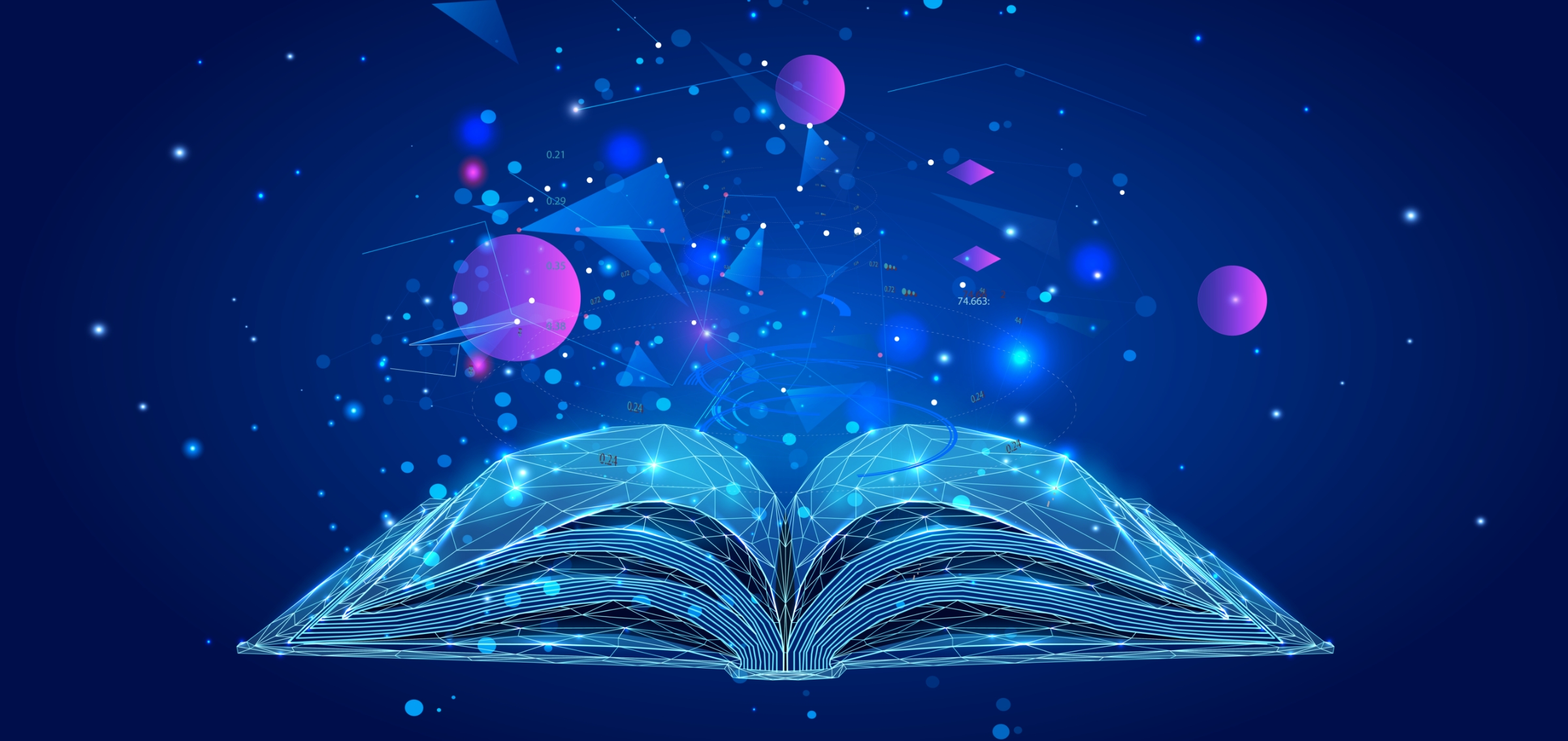Inspiruj się publikacjami naukowymi ekspertów OPI PIB
Dzielimy się wynikami naszych badań, aby pomóc naukowcom i specjalistom zrozumieć najważniejsze trendy w nauce i technologii. Chcemy, by nasze publikacje inspirowały do nowych odkryć i praktycznych rozwiązań.

Obszary publikacji
Nasze publikacje skupiają się na kilku głównych obszarach:
- Informatyka techniczna i telekomunikacja
Badania nad tworzeniem systemów informatycznych, bezpieczeństwem danych, sztuczną inteligencją, uczeniem maszynowym oraz współpracą człowieka z technologią. - Nauki społeczne
Prace dotyczą innowacji, analizy naukowców i instytucji, socjologii nauki oraz wpływu nauki na gospodarkę. - Wdrożenia technologiczne
Dzielimy się naszym doświadczeniem w projektowaniu, rozwijaniu i utrzymaniu systemów informatycznych.
Dostępność i otwartość
- Chcemy, by nasze publikacje były dostępne dla każdego. Większość z nich publikujemy jako open-access.
Najnowsze publikacje
Sprawdź najnowsze publikacje, które pomagają rozwijać naukę!
Życzymy przyjemnej lektury!
Lista publikacji
-
Exploiting demand-side flexibility: State-of-the-art, open issues and social perspective
2022 Renewable and Sustainable Energy Reviews, iss. 165, Art. no 112605
https://www.sciencedirect.com/science/article/pii/S1364032122005007?via%3Dihub
-
Google Translate Facilitates Conference Abstracts’ Acceptance, But Not Invitations to Deliver an Oral Presentation
2022 W: Digital Interaction and Machine Intelligence: Proceedings of MIDI’2021 – 9th Machine Intelligence and Digital Interaction Conference, December 9-10, 2021, Warsaw, Poland / Cezary Biele, Janusz Kacprzyk, Wiesław Kopeć, Jan W. Owsiński, Andrzej Romanowski, Marcin Sikorski. – Cham : Springer. – s. 248-258
https://link.springer.com/chapter/10.1007/978-3-031-11432-8_25
-
Human Movements in Human-Computer Interaction (HCI)
2022 Cham : Springer
-
Intentions to Charge Electric Vehicles Using Vehicle-to-Grid Technology among People with Different Motivations to Save Energy
2022 Sustainability (Switzerland), T. 14, Nr 19, Article no 12681
-
Intergenerational Interaction with Avatars in VR: An Exploratory Study Towards an XR Research Framework
2022 W: Digital Interaction and Machine Intelligence: Proceedings of MIDI’2021 – 9th Machine Intelligence and Digital Interaction Conference, December 9-10, 2021, Warsaw, Poland / Cezary Biele, Janusz Kacprzyk, Wiesław Kopeć, Jan W. Owsiński, Andrzej Romanowski, Marcin Sikorski. – Cham : Springer. – s. 229-238
https://link.springer.com/chapter/10.1007/978-3-031-11432-8_23
-
Kobiety w technonauce : Biografie zawodowe profesorek
2022 Warszawa : Ośrodek Przetwarzania Informacji – Państwowy Instytut Badawczy
-
Naturality and non-transparency of technology in the age of intelligent voice assistants
2022 W: Intelligent Human Systems Integration (IHSI 2022): Integrating People and Intelligent Systems / Tareq Ahram, Waldemar Karwowski, Pepetto Di Bucchianico, Redha Taiar, Luca Casarotto, Pietro Costa. – New York : AHFE International
-
OPI at SemEval-2022 Task 10: Transformer-based Sequence Tagging with Relation Classification for Structured Sentiment Analysis
2022 W: Proceedings of the 16th International Workshop on Semantic Evaluation (SemEval-2022) / Guy Emerson, Natalie Schluter, Gabriel Stanovsky, Ritesh Kumar, Alexis Palmer, Nathan Schneider, Siddharth Singh, Shyam Ratan. – Seattle : Association for Computational Linguistics. – s. 1366-1372
-
OPI@LT-EDI-ACL2022: Detecting Signs of Depression from Social Media Text using RoBERTa Pre-trained Language Models
2022 W: The Second Workshop on Language Technology for Equality, Diversity and Inclusion : Proceedings of the Workshop / Bharathi Raja Chakravarthi, B. Bharathi, John P. McCrae, Manel Zarrouk, Kalika Bali, Paul Buitelaar. – Dublin : Association for Computational Linguistics. – s. 276-282
-
Predicting the Costs of Forwarding Contracts Using XGBoost and a Deep Neural Network
2022 W: Proceedings of the 17th Conference on Computer Science and Intelligence Systems / Maria Ganzha, Leszek Maciaszek, Marcin Paprzycki, Dominik Ślęzak. – Warszawa : Polskie Towarzystwo Informatyczne. – s. 425-429
17th Conference on Computer Science and Intelligence Systems [FedCSIS 2022], Sofia, 04-07.09.2022